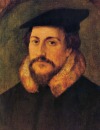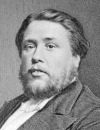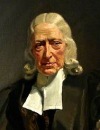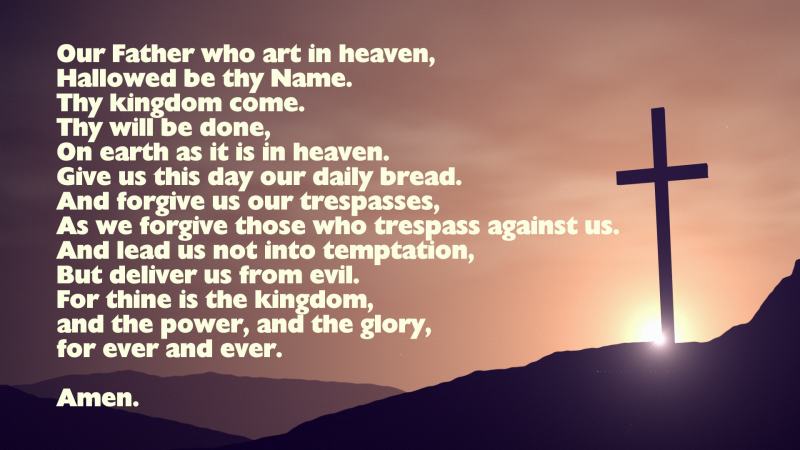The Lord's Prayer
Where is the Lord's prayer found in the bible?
The Lord's Prayer can be found in two places in the New Testament section of the bible, as recorded in the Gospels of Matthew and Luke. The wording as it appears in Matthew forms the basis of this popular prayer. (This can be read further down this page):-
Matthew chapter 6, verses 9 - 13
Pray like this: 'Our Father in heaven, hallowed be your name. 10 Let your Kingdom come. Let your will be done, on earth as it is in heaven. 11 Give us today our daily bread. 12 And forgive us our debts, as we also forgive our debtors. 13 Let us not come into temptation, but deliver us from the evil one. [For yours is the kingdom, the power, and the glory forever. Amen.]'
(New Heart English Bible)
Luke chapter 11, verses 1 - 4
1 One day Jesus was in a place talking with God. When he had finished, one of his disciples said to him, `Lord, teach us to talk with God as John taught his disciples.'
2 Jesus said, `When you talk with God, say, "Our Father in heaven, may your name be kept holy. May your kingdom come.
3 Give us our food day by day.
4 Forgive us for the wrong things we have done. We forgive everyone who has done wrong to us. Do not lead us to be tested."
(THE JESUS BOOK - The Bible in Worldwide English. Copyright SOON Educational Publications, Derby DE65 6BN, UK. Used by permission)
Line-by-line commentary
Explore the Lord's Prayer through the writings of three famous biblical theologians (Matthew Henry, Adam Clarke and Albert Barnes).
The Lord's prayer opens with addressing God as "Father who art in Heaven". There are then seven petitions. The first requests are contected with the worship of God ("Hallowed be thy name") and His ways. The next four concern the needs of man - his physical ("Give us today our daily bread"), mental (with temptation) spiritual (against evil) and relational needs (forgiveness). The prayer then concludes with a doxology.
Go to line-by-line commentary
The Lord's prayer contains the sum total of religion and morals.
(Wellington)
The Lord's Prayer
A short inspiring reading of this famous prayer:-
About the writers in this section
 John Calvin (1507-1564) was part of the reformation movement of the sixteenth century. His most notable theological stance is the belief that God is sovereign in the matters of salvation and election.
John Calvin (1507-1564) was part of the reformation movement of the sixteenth century. His most notable theological stance is the belief that God is sovereign in the matters of salvation and election.
Alexander Maclaren (1826-1910) was a English Baptist minister. He is most famous for his expository style, drawing on examples from life and nature to develop biblical truths. The commentaries in this section are taken from his writings on the version of the Lord's prayer in Luke's Gospel.
 Charles Haddon Spurgeon (1834-92) is one of the most famous preachers of the nineteenth century. The two sermons found in this section record some fascinating insights into the Lord's prayer.
Charles Haddon Spurgeon (1834-92) is one of the most famous preachers of the nineteenth century. The two sermons found in this section record some fascinating insights into the Lord's prayer.
 John Wesley (born 1703, died aged 87 in 1791) is the founder of the modern day Methodist movement. His most famous theological insight is "Christian Perfection", a belief that the love of God can reign supreme in the believers heart.
John Wesley (born 1703, died aged 87 in 1791) is the founder of the modern day Methodist movement. His most famous theological insight is "Christian Perfection", a belief that the love of God can reign supreme in the believers heart.
Take a moment to hear from God...
here are links to some wonderfully inspired prayers to aid your journey


